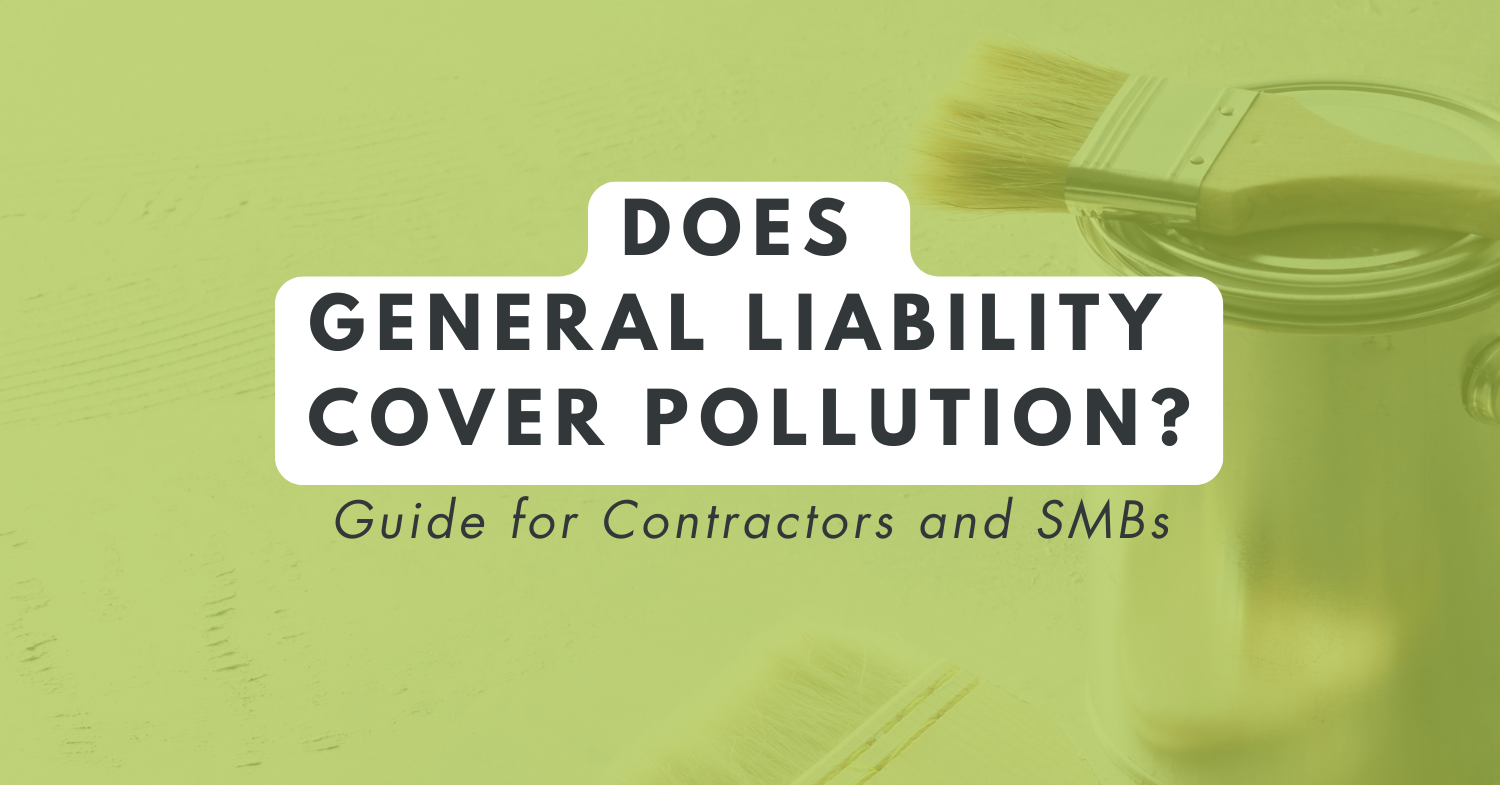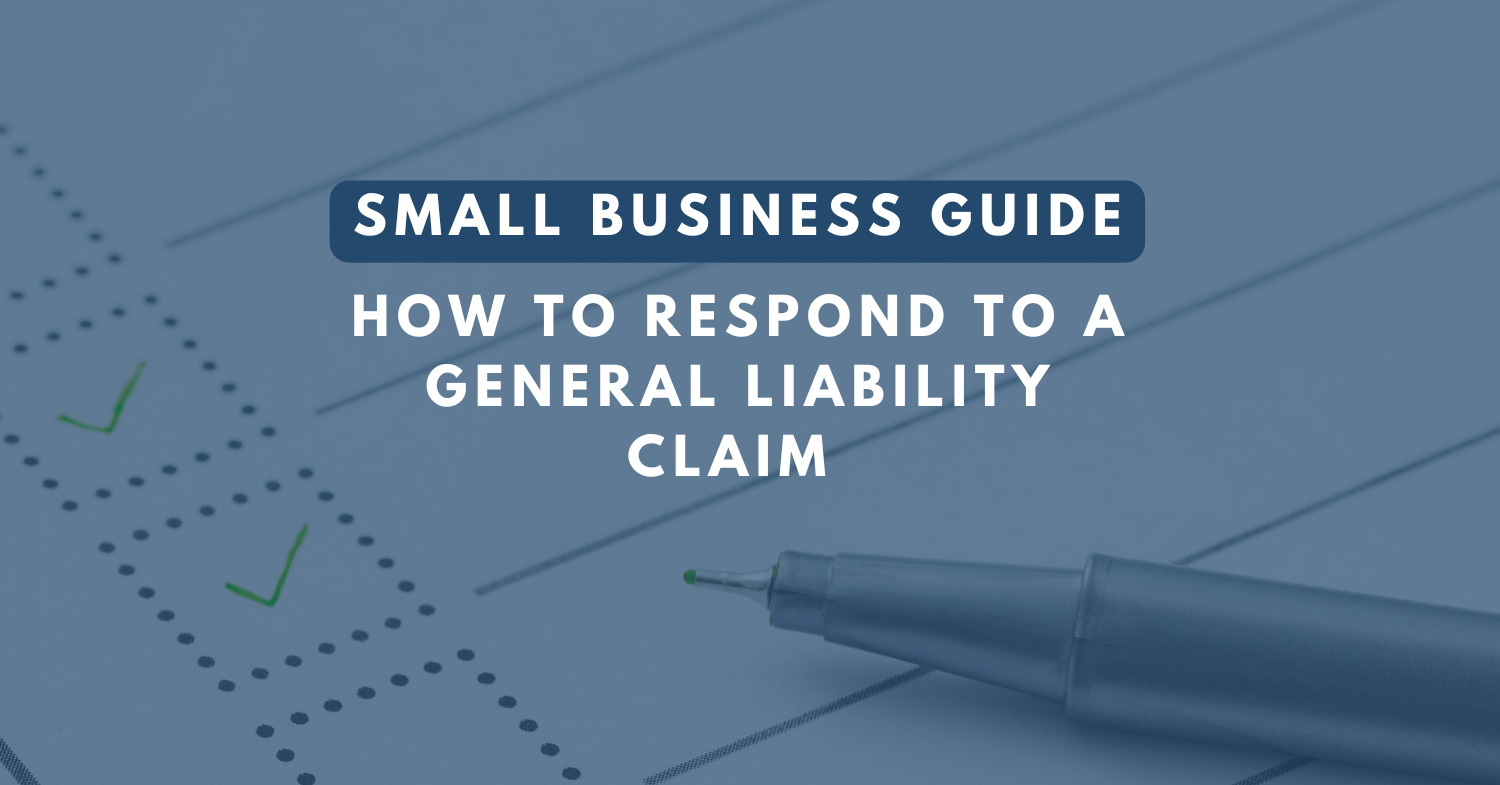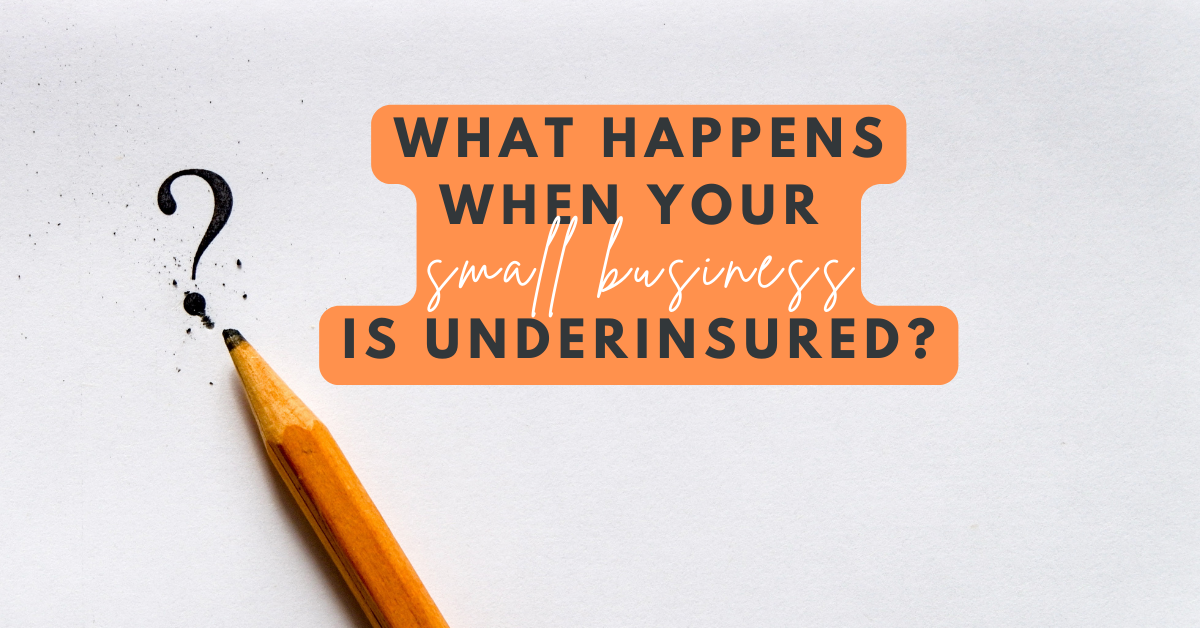Commercial Property Insurance: Basic, Broad, and Special Forms
See How We're Different
or call us: (858) 384‑1506
Commercial property insurance is a vital component of a comprehensive risk management plan for businesses of all sizes. This insurance coverage protects businesses from the financial losses of property damage or loss. However, there are different commercial property insurance policies, including Basic, Broad, and Special forms, each with unique features and coverage options. I will explain each commercial property form and its differences in today’s video.
Like the videos I posted regarding liability policy forms, commercial property policies also have conditions that dictate coverage and affect protection. One of the policy conditions you should understand and pay close attention to pertains to Basic, Broad, and Special Forms.
Basic Form
Basic form insurance is the most limited type of commercial property insurance coverage. It typically covers damage or loss caused by specific perils, such as fire, lightning, windstorm, hail, explosion, and vandalism. This type of coverage is sometimes called “named perils coverage” because it only covers the perils named explicitly in the policy.
Basic form insurance policies are generally less expensive than other forms of coverage because they provide limited protection. In addition to the perils mentioned above, basic form policies may also cover damage caused by smoke, aircraft, vehicles, and civil unrest.
One of the primary disadvantages of basic form insurance is that it does not cover all possible causes of property damage or loss. For example, you may not be covered if your business suffers damage due to water or theft if those perils are not explicitly named in your policy.
Example: A small business owner purchased a basic commercial property insurance policy to protect his retail store from property damage and theft. The store was broken into one day, and several valuable items were stolen. The owner filed a claim with his insurance company to cover the cost of the stolen items, but the claim was denied.
The insurance company informed the owner that the basic form policy he had purchased only covered a limited number of perils, and theft was not one of them. The owner was disappointed to learn that his policy did not provide the coverage he needed, and he had to pay for the stolen items out of pocket.
This situation highlights the importance of carefully reviewing and understanding the terms and coverage limits of a commercial property insurance policy before purchasing it. It’s crucial to ensure that the policy covers all the potential risks a business may face to avoid costly out-of-pocket expenses in the event of a loss.
Broad Form
Broad-form insurance is a step up from basic-form insurance in terms of coverage. This type of policy offers protection against a broader range of perils than basic form insurance. In addition to the perils covered by basic form insurance, broad-form policies may also cover damage caused by falling objects, the weight of snow or ice, and damage resulting from the accidental discharge of water or steam.
Broad-form policies are more expensive than basic-form policies but provide more excellent protection against property damage or loss. They are a popular choice for businesses that want more comprehensive coverage but do not require the highest level of security available.
One potential disadvantage of broad-form insurance is that it does not cover all possible causes of property damage or loss. You may not be protected if your business suffers damage due to a peril not covered by your broad form policy.
Let’s say a business owner has a commercial property insurance policy with broad form coverage, which provides more extensive protection than a basic form policy. The broad form policy typically covers “all risks,” except for those specifically excluded in the policy.
Example: One day, a fire broke out in the business owner’s building, causing significant damage to the property. The business owner files a claim with their insurance company, hoping to receive compensation for the damage.
However, the insurance company denies the claim because an excluded peril, such as an act of terrorism, caused the fire. While broad-form policies provide more extensive coverage than basic-form policies, they still exclude specific perils, which can lead to claim denials if the loss was caused by one of those excluded perils.
The business owner’s claim was denied because their purchase policy did not cover the fire’s specific cause. It’s vital for business owners to carefully review their policies and understand the exclusions to ensure they have the coverage they need in case of a loss.
Special Form
Special form insurance is the most comprehensive type of commercial property insurance coverage. It typically covers damage or loss caused by any peril unless specifically excluded in the policy. This type of coverage is sometimes called “all-risk coverage” because it covers all risks unless specifically excluded.
Special-form insurance policies are more expensive than basic and broad-form policies but offer the highest protection against property damage or loss. In addition to the perils covered by basic and broad-form insurance policies, special-form policies may also cover damage caused by a backup of sewers and drains and equipment breakdown.
One of the primary advantages of special form insurance is that it offers the most comprehensive coverage. This policy protects businesses against various perils, providing peace of mind and financial security. However, special-form insurance policies may include exclusions for certain perils or specific types of property, so reviewing the policy carefully to ensure it meets your business’s needs is essential.
A commercial property insurance claim that could be denied under a special form policy is damage caused by a flood.
Example: suppose a business owner has a special form policy for their commercial property, and their building is damaged due to flooding. The policy excludes damage caused by flood, and the insurer denies the claim. The business owner might argue that the flood was caused by heavy rain and that the policy should cover this type of damage. However, if the policy specifically excludes damage caused by flooding, the insurer may deny the claim, as flood damage is not covered under the policy.
It’s essential for commercial property owners to carefully review their insurance policies and understand the coverage and exclusions before filing a claim. Additionally, they should consider purchasing additional coverage, such as flood insurance, if their property is in an area prone to flooding.
Choosing the Right Form of Insurance
When selecting a commercial property insurance policy, it is vital to consider the level of protection your business needs. Basic-form insurance policies may suit businesses with low property damage or loss risk. In contrast, broad-form insurance may be a good choice for companies with moderate risks. Special form insurance is generally recommended for businesses with high-risk properties or a high level of risk exposure.
It is also essential to consider the specific risks faced by your business. For example, if your business is in an area prone to disasters, you may want to consider a special form policy that includes coverage for more perils. Similarly, suppose your business is in an area prone to flooding or earthquakes. Consider a DIC (Differential-in-Conditions) policy to cover damage caused by earthquakes and floors.
At Fusco Orsini & Associates, we have significant experience helping clients choose the proper form of insurance. To discuss it with our team, please call or text us at 858-384-1506 or submit for a proposal here.







